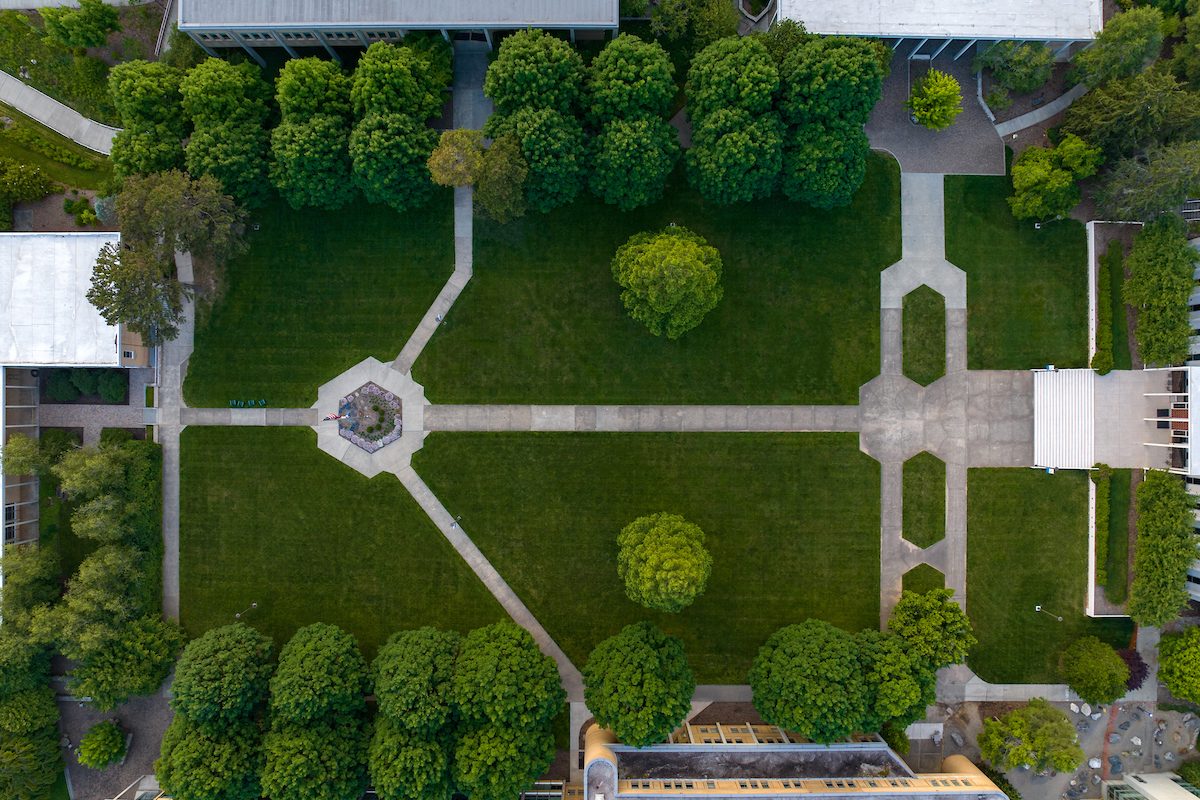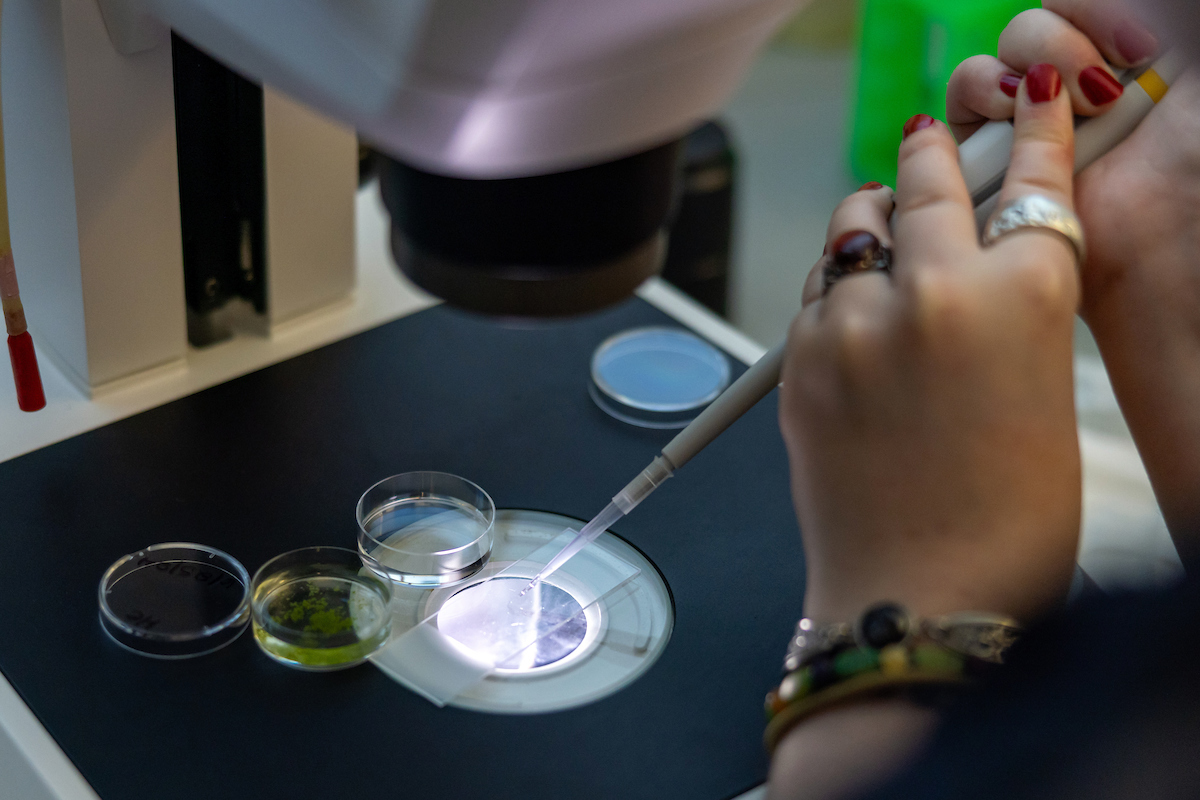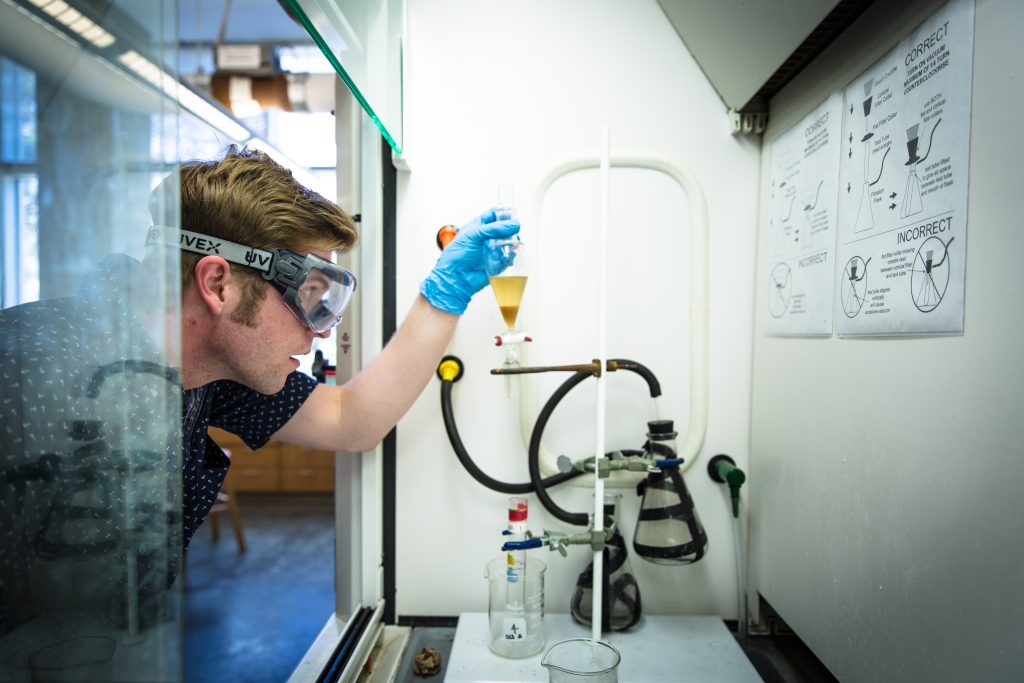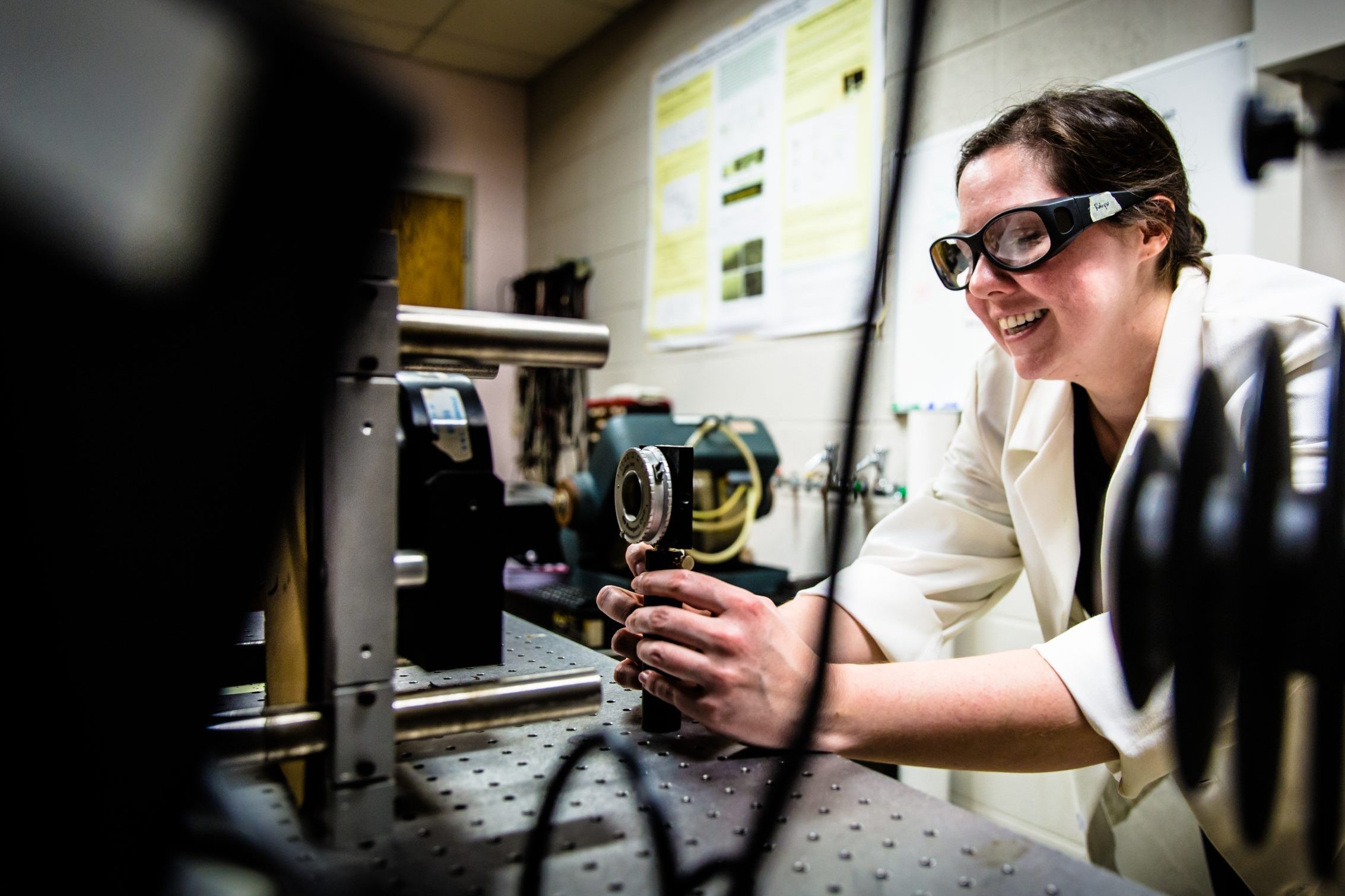Pre-Health Professions Program
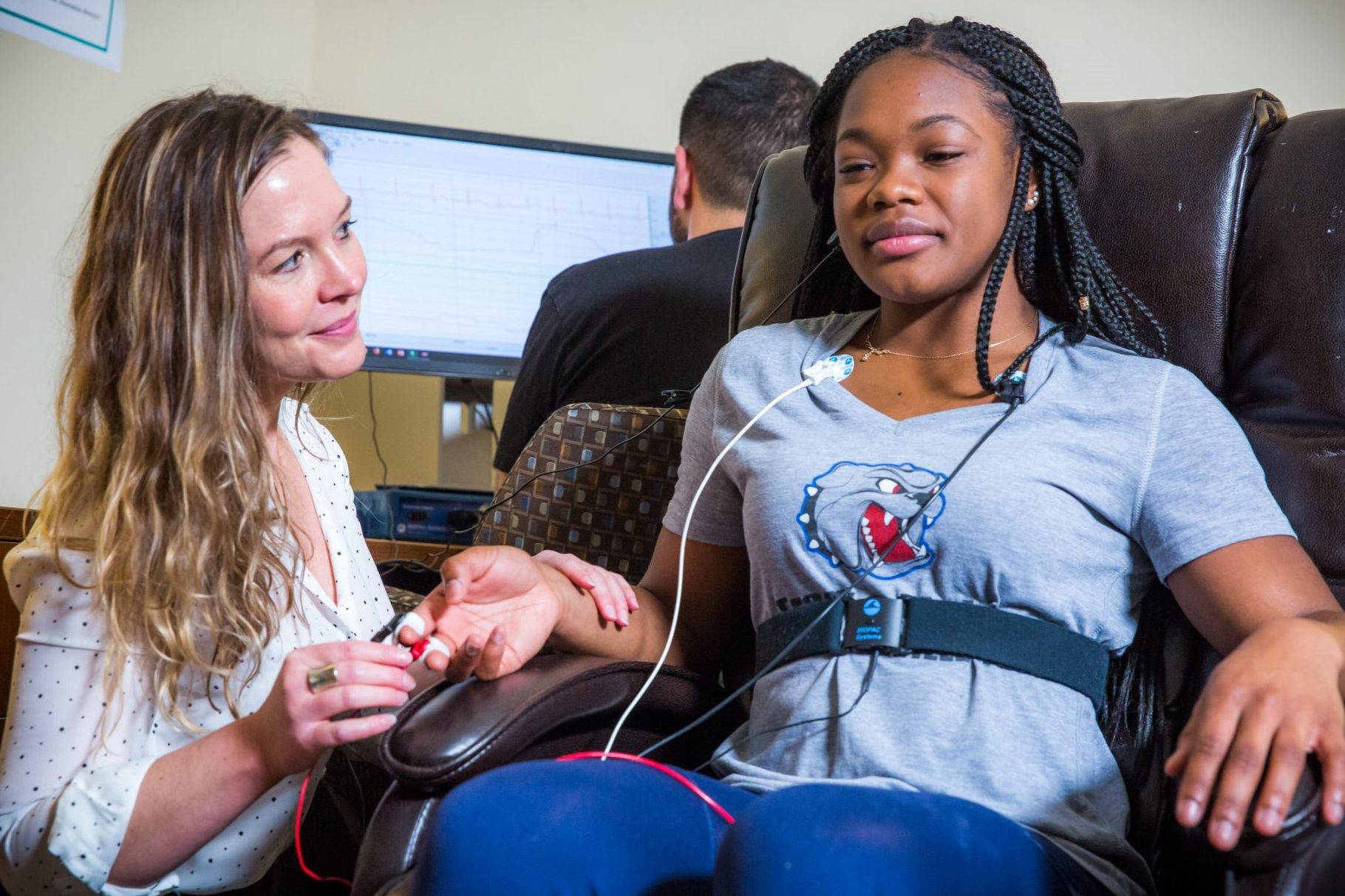
Why Pursue Healthcare at UNC Asheville?
Preparation for doctoral level and other professional programs in health care is available at UNC Asheville. Students can major in the natural sciences, social sciences, and traditional humanities disciplines; or they may transcend traditional disciplines and create their own individual degree program. At UNC Asheville we believe that an undergraduate liberal arts education, coupled with a strong research component, is the best foundation for advanced studies in the health professions. Students need breadth, depth of knowledge, and experience in order to better understand their patients and relate to their peers in the chosen health profession.
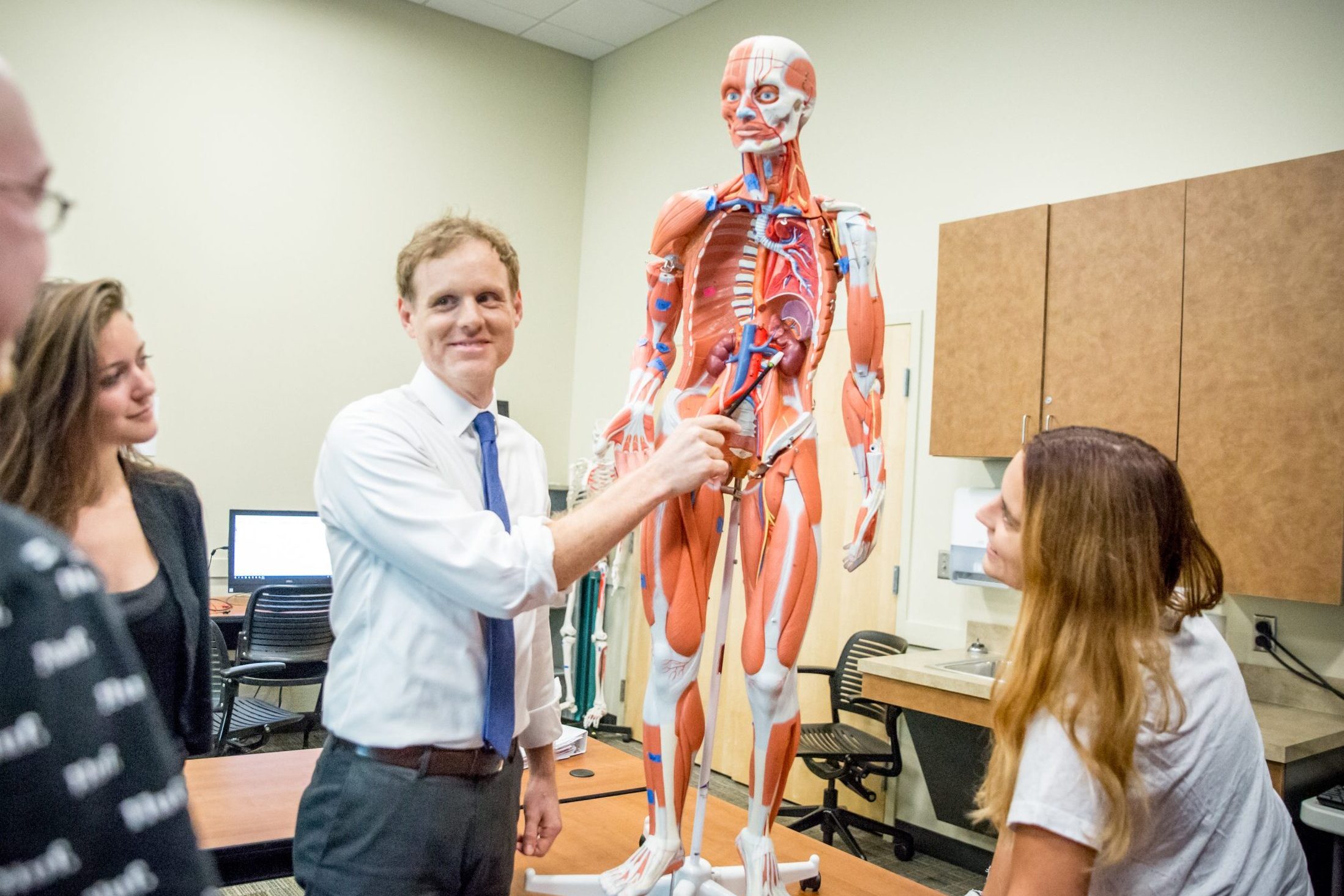
Undergraduate Coursework
UNC Asheville emphasizes a strong liberal arts curriculum as the best preparation for medical, dental, veterinary and pharmacy programs. Accordingly, students interested in these fields major in a wide range of academic disciplines at UNC Asheville, and our graduates have gained admission to some of the best professional schools in the nation. Advisors in the Pre-Health Professions program encourage and support students through a variety of pre-health professions experiences
Medicine, Science, and Service
Prepare for a future in healthcare through a focused academic pathway designed to support your goals. Build a strong foundation in biology and chemistry, gain hands-on clinical and research experience, and receive dedicated advising that prepares you for medical, dental, veterinary, PA, PT, and other health professional programs.
I got paired up with someone who helped introduce me to the basics of research and how clinical research might be conducted. My experience with the program was amazing.”
Providing Opportunities for Your Professional Path
At UNC Asheville, the Pre-Health pathway creates meaningful opportunities that support your journey into the health professions. Through clinical shadowing, faculty-mentored research, community health engagement, and interdisciplinary coursework, students gain both the scientific foundation and real-world experience needed for competitive professional programs. By exploring the biological, ethical, and social dimensions of healthcare, you’ll develop the knowledge, perspective, and purpose essential for a successful and compassionate career in medicine.
Ready for what's next?
At UNC Asheville, engaging with food systems means recognizing the powerful role food plays in shaping our health, our communities, and our planet. Because everyone eats, everyone is connected to the systems that grow, distribute, and sustain our food. This is more than a conversation about nutrition — it’s an opportunity to address social justice, environmental sustainability, and economic equity in meaningful, interconnected ways. Join us in reimagining food systems as a force for collective well-being and lasting impact.

